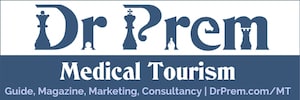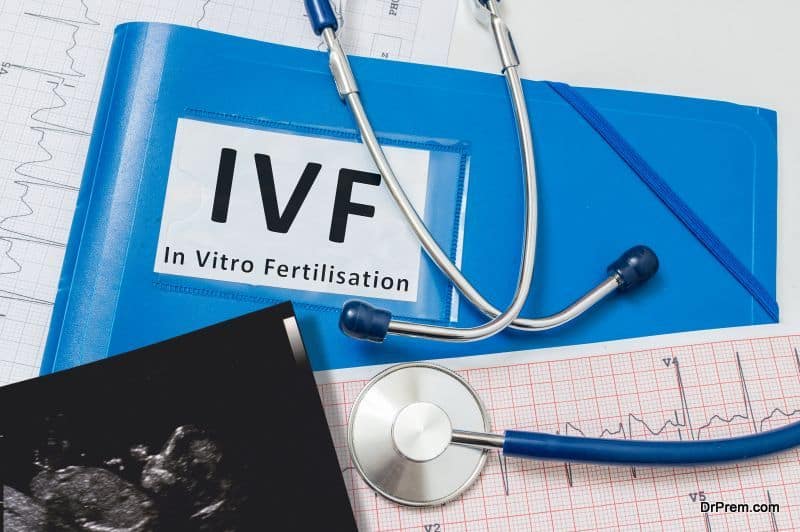Definition:
Invitro fertilization is a type of assisted reproductive technology. It is a process performed to treat infertility when other methods fail to help the infertile couple to conceive. By this process the egg cells are fertilized by sperm outside the womb i.e. in vitro. The whole procedure or cycle involves particular steps including: ovulation induction, egg retrieval, insemination, fertilization, embryo transfer and pregnancy test.
Why it is needed:
IVF is advised to treat causes of infertility that include:
- Damaged or blocked fallopian tubes caused by either pelvic inflammatory disease or prior surgery.
- Endometriosis
- Male infertility including decreased sperm count or motility.
- Infertility due to unknown cause.
- When other infertility treatments fail.
Facts and Figures:
- The first successful birth from IVF or “test tube baby” occurred in England in 1978; the baby, now 25, was named Louise Brown.
- The first successful IVF baby in the United States was born in 1981; since then more than 250,000 babies have been born via IVF.
- Less than 5% of infertile couples actually take the help of IVF.
Advantages:
- IVF allows infertile couples a chance to have their own baby.
- The pregnancy rate of IVF by age is similar to a naturally conceived pregnancy.
- After successful IVF a woman does not require fallopian tube surgery. IVF has reduced the need for fallopian tube surgeries by half.
Disadvantages:
- There is a risk of multiple births in women who choose IVF to become pregnant. That ultimately increases the risk of complications associated with multiple pregnancies including miscarriage, gestational diabetes, premature labour and low birth weight.
- Increased chances of having ectopic pregnancies, compared with natural conception.
- The hormonal treatment can cause Ovarian Hyper Stimulation Syndrome leading to various side effects and symptoms including mood swings, water retention and headaches.
- Many IVF medicines are given via injections. Repeated injections lead to bruising.
Risks & Complications associated with egg retrieval procedure:
- Reaction to medicine or anaesthesia.
- Bleeding
- Infection
- Damage to surrounding structure including intestine and bladder.
Pre-procedure preparation for egg retrieval:
- Blood test – hormone analysis
- USG every alternate day to monitor the development of egg follicles.
- Do not wear make-up, jewellery, perfume or contact lenses.
- Do not eat or drink anything at the night before the procedure.
- Ask a friend or relative to stay with you for about a day or two to help you after the procedure.
Instructions for semen collection:
- The male partner needs to obtain the semen specimen through masturbation only, after washing hands and penis thoroughly.
- The specimen should be collected in a sterile container and transported at body temperature within one hour of collection.
Post-procedure care:
- Women may experience cramps in the pelvic region following the egg retrieval process; this usually subsides within a day.
Dos, Don’ts and Precautions to be followed after egg retrieval and Embryo Transfer:
- Don’t drive for at least one day.
- Do immediately report bleeding resembling menstruation—scant spotting is not a concern.
- Avoid spicy and high fat foods; have light, high fibre, balanced meals.
- Avoid hot tubs and swimming pools.
- Ensure sufficient rest, avoid intercourse and do not use tampons.
- Continue medication as per prescription.
- Women should rest, preferably in a reclining position for 1-2 days after the embryo transfer.
- Avoid strenuous activity and heavy lifting.






